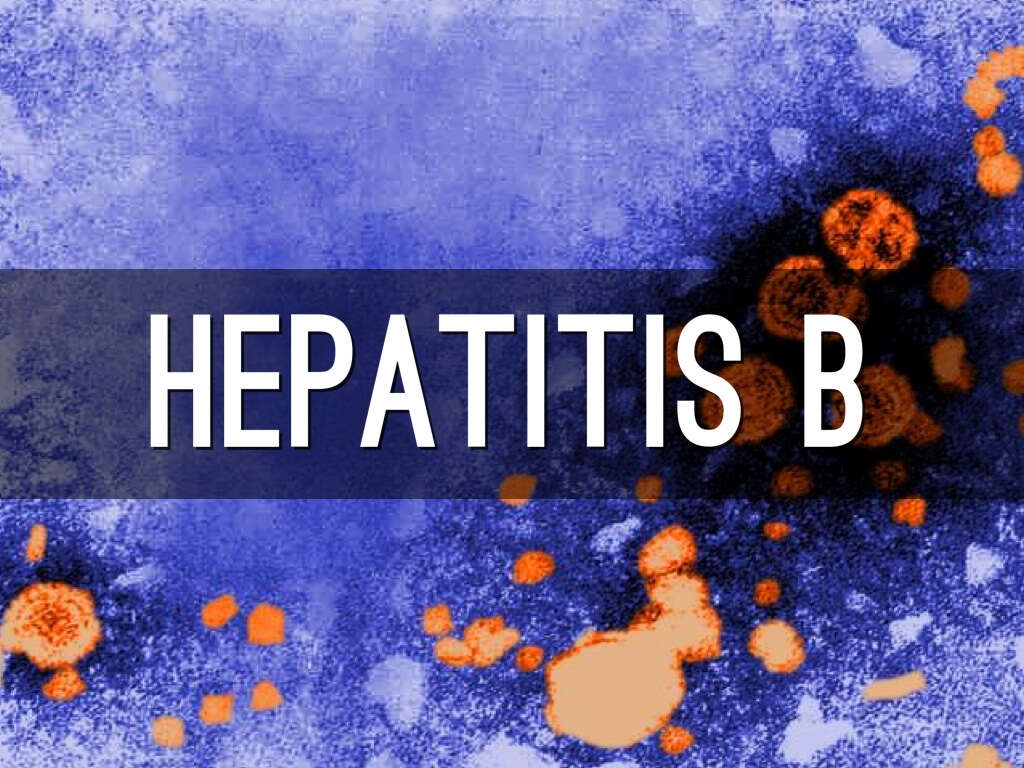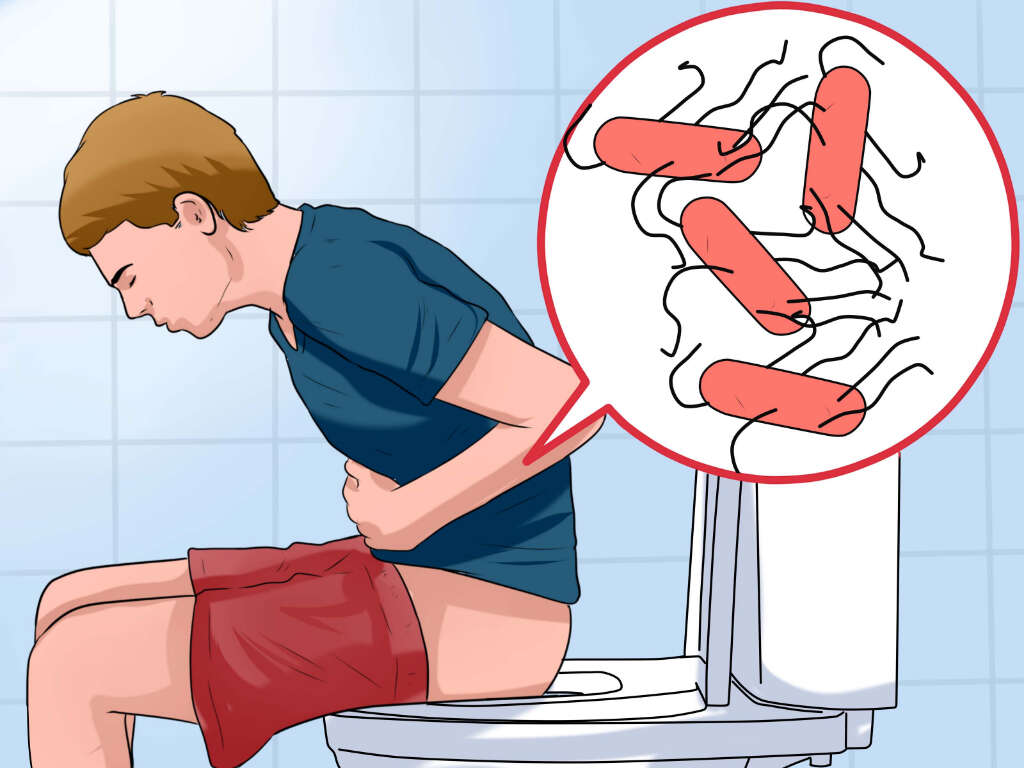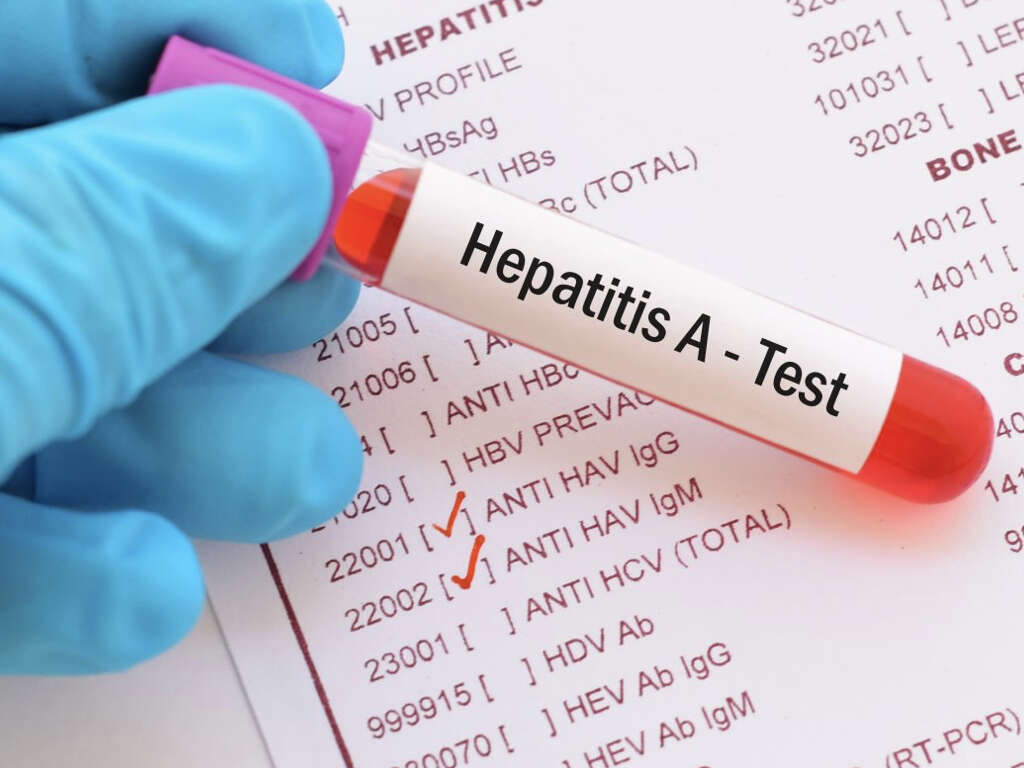What is Hep B?
The liver performs a very important job because it helps to filter out toxins from blood as it comes from the digestive system. It also performs some other important functions, including the production of some digestive enzymes and the production of some hormones.
The liver can be harmed by consuming too much alcohol and other toxins. It can also be harmed by diseases such as hepatitis B. Hep B is a condition that can usually be treated but it can become very serious in some cases. There is a vaccine, however, and there are also steps that we can take to help protect us from the condition.
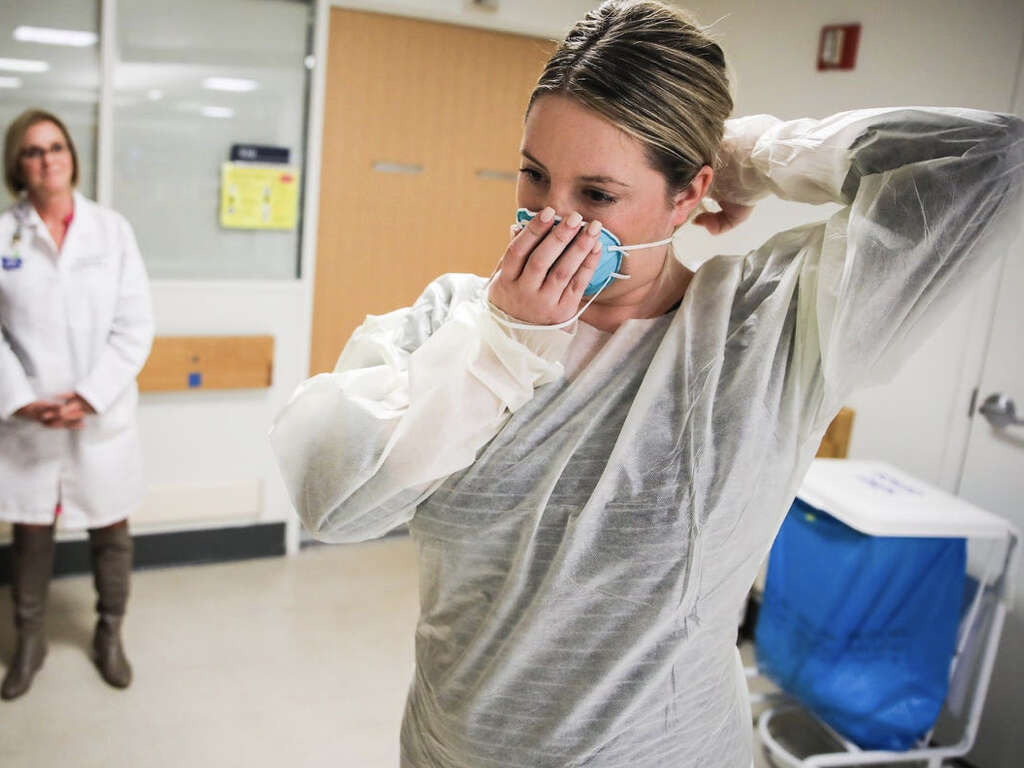
1. Acute Hepatitis B
Acute hepatitis B is the most common variety of hepatitis in adults. Most people will be able to recover from the condition. In many cases, the patient will have made a full recovery from the condition in a few months.
If hepatitis B is considered to be acute, it means the disease will last for less than 6 months. Acute hepatitis B can sometimes become chronic hepatitis B, however. Regardless, it is always a good idea to see a medical professional as soon as you suspect you might have the disease.

2. Chronic hepatitis B
Chronic hepatitis B means that the condition will last for longer than 6 months. In many cases, it will even remain with the patient for the remainder of their lives. The chances of hepatitis B being chronic increases the younger the patient is, and those under 5 are at particularly high risk.
Chronic hepatitis means that the patient’s immune system is unable to defeat the infection. While it can often be treated, the condition can also sometimes lead to some more severe conditions. In some cases, the patient will not even be aware they have the disease. That is until it results in another, more serious complications.

3. Needle Sharing
As drug habits develop, so the user needs an increasing volume of a drug in order to get the same hit. They might also need to use a more direct approach of using the drug, and this can mean turning to injecting it straight into their veins. This increases the risks of taking drugs, and for a number of reasons.
One of the risks of using needles is that users tend to end up sharing needles with other users. If one user has a condition like hepatitis B, the disease can then be passed onto to somebody else that uses the same needle. It is obviously advisable not to inject drugs but, if you do, a sterilized needle should be used every time.
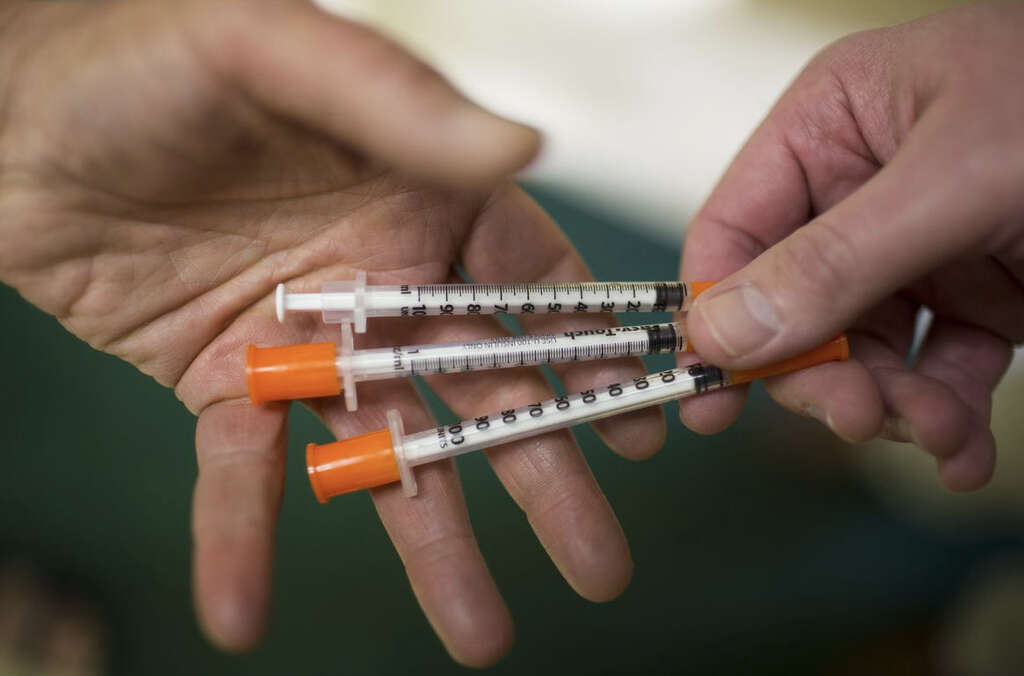
4. Accidental Infection
People that work on the frontline of healthcare often expose themselves to potentially dangerous diseases. While they will often wear protective clothing when needed, that does not mean to say that they are completely safe. Accidents do happen, and it can mean the health worker becomes very sick themselves.
If a health worker was to come into contact with hepatitis B infected blood then they may well become infected themselves. One relatively common way this can happen is for the health worker to be infected by infected needles that accidentally penetrate their skin. Health workers are expected to maintain high safety standards in order to keep themselves, and others, safe.

5. Mother To Fetus
The placenta is an organ that acts as a protective barrier between mother and baby. It helps to filter out toxins and pathogens, while also allowing through essential nutrients and everything else the developing baby needs. Some pathogens can make it through, however, one of which is the hepatitis B virus.
This does not necessarily mean the child will develop hepatitis B, however, as they can still be vaccinated against the disease. The disease is also not likely to cause any development problems in most cases. If you are pregnant, or if you are planning to, then you should get a blood test to help ensure your baby will be safe.

6. Sex
Sex is fun, but it is also potentially dangerous if you don’t enjoy it safely. Unfortunately, there are a number of diseases that can be spread from one person to another through sex. One of these diseases is hepatitis B, and it can be spread when people have sex without adequate protection.
Some of the people more likely to develop the condition are those that tend to have many sexual partners. If you are promiscuous then it is wise to use condoms to help prevent catching the virus from an infected partner. It is also important to note that penetrative sex is not necessary in order for the disease to be transmitted.

7. Symptoms
Many of the symptoms of hepatitis B can be quite mild. Indeed, many people with the disease won’t even be aware they have it. Other patients are not so fortunate, however, and can experience some very unwelcome symptoms. When symptoms do show, it is not usually until around one to four months after the initial infection took place.
When symptoms do arise, they can include pain in the abdomen, nausea, vomiting, and loss of appetite. A fever and joint pain will also likely develop, and the patient can also begin to feel fatigued. The patient will also likely have dark urine, and jaundice can also develop.

8. Complications
The symptoms of hepatitis B can be quite unpleasant for some people. What’s worse is that it can go on to cause further complications, some of which can be dangerous. These complications can often be avoided if the condition is treated, so it is wise to see a doctor as soon as a problem is suspected.
Hepatitis B can lead to cirrhosis, which is scarring of the liver and this can seriously impair its ability to function. It can also lead to liver failure, inflammation of the blood vessels and also kidney disease. The damage that hepatitis can cause on the cellular level can also lead to cancer developing.

9. Prevention
Many cases of hepatitis B can be avoided if only the patient received a vaccine for the virus. The vaccine is usually administered as a course of several injections over a few months. Hepatitis B could also have been prevented in many cases if protection was used during sexual intercourse.
As mentioned, avoiding the sharing of needles can also help prevent in many cases of the disease. If you have not had a vaccine then you should consider doing so, especially if you are in certain high risk categories. This includes sexually promiscuous people, people that work in health care, and people that travel to certain parts of the world.

10. Treatment
In some cases, treating hepatitis B is not necessary as the immune system will fight the disease itself. In such cases, the patient is recommended to drink plenty of fluids and generally take care of themselves to help their bodies in the fight against the infection.
In more severe cases, anti-viral medication will be necessary to help the body defeat the virus. Even if the medication cannot defeat the virus, it may at least be able to help to slow down the advance of the virus. In the most extreme of cases, a liver transplant may be deemed necessary in order to save the patient’s life.




